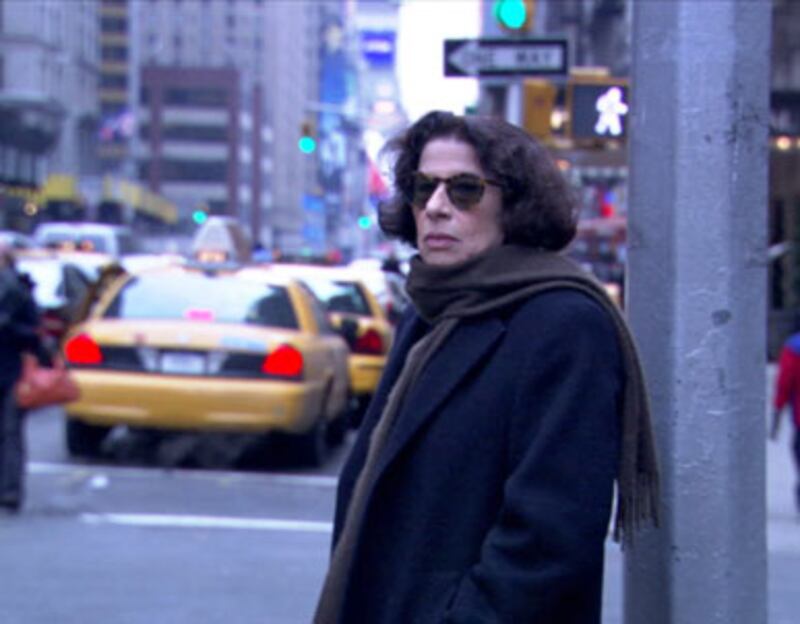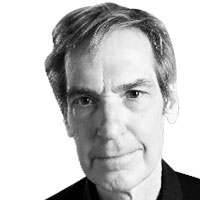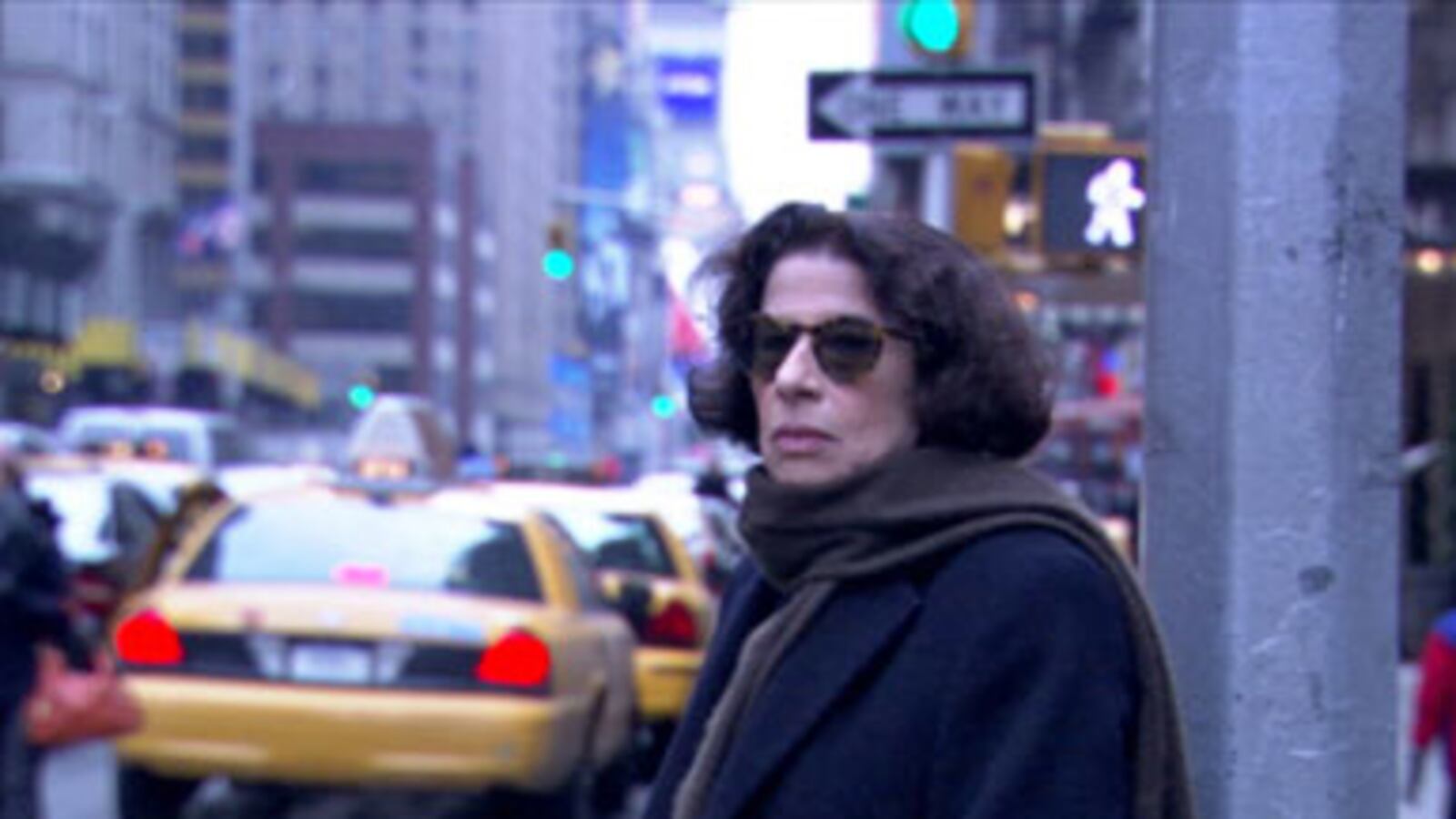Martin Scorsese's hugely entertaining new film featuring the dyspeptic wit Fran Lebowitz is not a traditional documentary. Public Speaking, which debuts November 22 on HBO, is more like a beautifully shot and edited monologue. This is Scorsese's deft, elegant portrait of Lebowitz in her own words. It's her version of who she is.
Lebowitz, the author of two celebrated books of comedic essays, is a brilliant talker. Her set pieces about smoking, tourists in New York, the truth about Andy Warhol's "superstars," the disastrous decision to turn New York City into a "tourist attraction," and the cheapening of American public life are all original and proudly caustic. If there's a whiff of warmth in her words, I missed it. But then again, as Lebowitz tells her friend Toni Morrison in the course of the film, what distinguishes a wit from a comedian is "warmth." Lebowitz has none, and she boasts about it. A true wit, she argues, is judgmental and thus "never fair."

It's interesting that Scorsese, a director with a genius for digging deep into the psyches of his characters, is drawn to a subject who resists soul-searching, at least in public. Lebowitz is more or less a very funny public intellectual who prides herself on having the good taste not to spill her guts. She says that she's never been edited as a writer. But in Scorsese, she's found a brilliant, generous collaborator. Scorsese's film shows Lebowitz's dark self in a flattering light; it puts a warm gloss on a cold character. And it's a lot of fun to watch.
Lingering in the background, of course, is Lebowitz's famed writer's block, her failure to produce the novel she promised a couple of decades ago. So Public Speaking is a film about a writer who no longer writes, or at least doesn't write as much as she should. At the start of the film, Lebowitz argues that genuine genius is rare: Picasso was great throughout his career, but very few people are great for that long. Buried in the observation may be Lebowitz's excuse for her lack of production: she is not a genius on the order of Picasso. Fear also plays a role here, and the subject comes up as Lebowitz describes her childhood terror of climbing trees and her adult phobia about gasoline (which is the subject of a genuinely hilarious anecdote, expertly told.)
Lebowitz, however, is not afraid of public speaking, which is how she earns her living these days. "I reserve all my fear for writing," she says. Which is sad—for Lebowitz and her readers. But while not writing may be Lebowitz's tragedy, Scorsese discreetly downplays the topic. Instead, with the help of well-chosen film clips, he places her in the tradition of sophisticated American wits such as Oscar Levant, S. J. Perelman, Cole Porter, James Thurber, and Dorothy Parker.
Scorsese's film shows Lebowitz's dark self in a flattering light; it puts a warm gloss on a cold character.
And Scorsese piles on all of Lebowitz's best stuff, the fine ideas she's honed into a sort of highbrow stand-up routine. An anecdote about a wisecrack that Lebowitz made at an event in support of Russian Jews is worth the price of admission. The same should be said about Lebowitz's riffs about the vital role of an informed—largely gay—audience for the arts in the 1970s, and the devastating impact of AIDS on American cultural life. We also get Lebowitz's provocative takes on racial prejudice (a "fantasy of superiority"), maternity (having babies is "a disadvantage to women"), journalism ("no one is interested in facts any more"), and the corrosive effects of a culture that is "soaked in nostalgia."
But there's something unsettling about the film, which was shot largely on location at the Waverly Inn, the exclusive West Village restaurant owned by Vanity Fair editor Graydon Carter who, along with Lebowitz and Scorsese, is one of the film's producers. Take, for example,
Lebowitz's disquieting thoughts on revenge. Her advice is to exploit "any chance you have for revenge." And she adds, "I don't believe in forgiveness." The reason Christianity is more popular than Judaism? Christianity traffics in forgiveness while "the Jewish God is an avenging God." Later she offers this: "I'm not often nasty to people's faces. …I believe in talking behind people's backs. That way they get to hear it more than once." This is all quite ironic and funny, but also chilling.
In the end, Lebowitz's performance—and it is a performance—is a wickedly enjoyable torrent of great lines. The film makes a choice: it ignores the psychic wounds that created the witty and prickly bow in which Lebowitz wraps herself. But this approach feels exactly right, and with Public Speaking Martin Scorsese has created a fine film that may be as close as her fans will get to the book Fran Lebowitz seems unable to write.
Ronald K. Fried is the author of one book of nonfiction and two novels. His work as television producer has earned five New York Emmy Awards. He recently completed a new novel about the TV industry.





